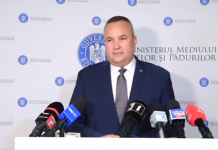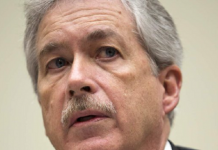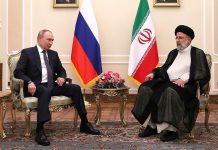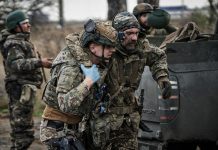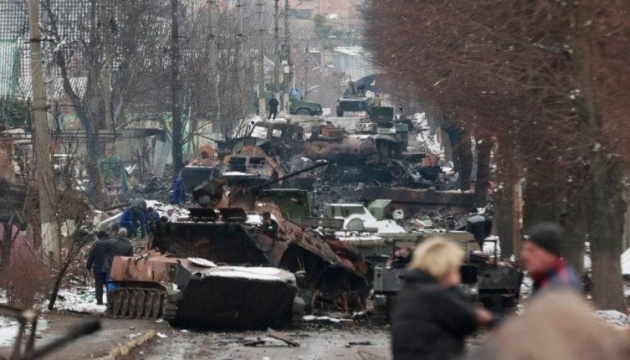A new poll on Europe’s attitudes to Russia’s invasion of Ukraine casts doubts on Romania’s historic hostility toward Russia.
Frontline states
The survey across 10 European Union members and the UK included frontline states Poland and Romania.
But even if they both share long borders with Ukraine and their governments are among Kyiv’s major supporters, their citizens display quite distinct attitudes to the war, the survey found.
Poles are among Europe’s biggest hawks and Romanians among the biggest doves. In Poland, 77 per cent want to cut off all economic ties with Russia; in Romania, only 45 per cent do.
Conflict
Eighty-three per cent of people in Poland blame Russia for the conflict; in Romania, just 58 per cent do. Even more importantly, 74 per cent of people in Poland see Russia as the biggest obstacle to peace, while only 42 per cent in Romania do.
The survey shows respondents favoring an end to the conflict rather than holding Russia accountable.
“Europeans had surprised Putin – and themselves – by their unity so far, but the big stresses are coming now,” said Mark Leonard, a co-author of a report by the European Council on Foreign Relations (ECFR) on changing attitudes to Russia’s invasion.
Russia
Europeans’ views of the causes of the war vary considerably. For example, over 80 per cent of people in Poland, Sweden, Finland, Portugal, and Great Britain say that Russia is mainly responsible for starting the conflict.
This stands in contrast to just 56 per cent in Italy, 62 per cent in France, and 66 per cent in Germany who lay the blame at the Kremlin’s door.
On the question of who represents the biggest obstacle to peace, 64 per cent in all surveyed countries say Russia – but just 39 per cent in Italy and 42 per cent in Romania agree.
US
In Italy over one-quarter (28 per cent) say the US is to blame, against 9 per cent in the other nine surveyed countries.
The approximately 8,000 people were surveyed in total from April 28 to May 11.
One thousand were questioned in Poland, while just 500 were surveyed in Romania. The poll covered France, Germany, and Italy – large western European states that have traditionally been more pro-Russian;Portugal and Spain – southern European states that have in the past generally been less involved in Russia policy; Finland and Sweden – northern European states that are applying for NATO membership as a result of the invasion; and Great Britain .
Solidarity
Poles and Romanians also differ in the strength of the solidarity they feel with Ukraine. For example, 71 percent of people in Poland – but 54 percent of people in Romania – support providing more economic assistance to Ukraine.
On the question of sending additional arms to Ukraine, 78 per cent in Poland are in favor against just 46 per cent in Romania. The two countries differ most significantly over the idea of sending troops to Ukraine.
Troops
Poland is among the few countries where support for this option prevails over opposition to it, by 46 per cent to 30 per cent; Romanians oppose sending troops by 44 per cent to 26 per cent.
Romania and Poland are the only countries where more than 50 per cent of people say that their governments are focusing too much on the war at the expense of other pressing issues.
Still, the break with Moscow is real and will remain for some time, regardless of how and when the war ends, the survey showed.
There is strong support across all countries for severing all economic ties with Russia (62 to 22 per cent), with no country– not even Italy –dissenting from this course of action.
Also, 58% across the 10 countries – rising to 77% in Finland – wanted the EU to reduce its dependence on Russian energy, even at the expense of the bloc’s climate goals, suggesting public support for a new round of EU sanctions, including on oil.




